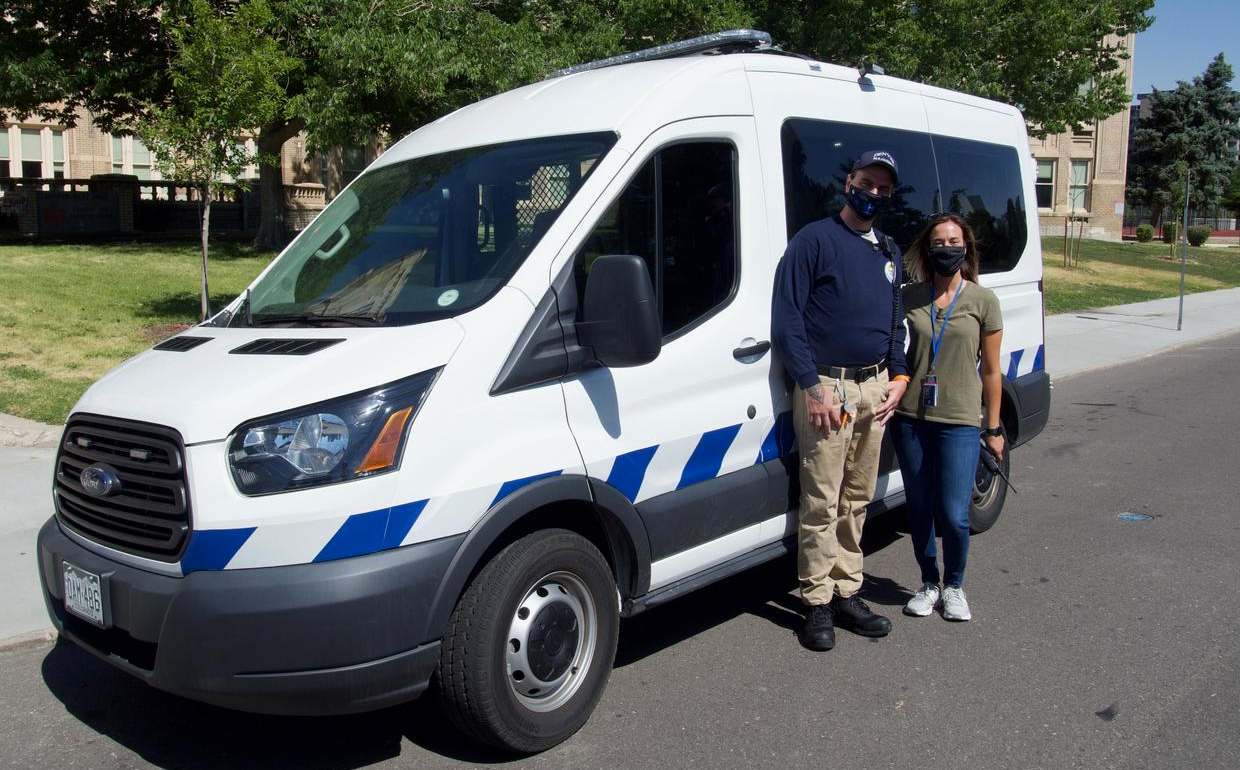By Joshua

There is already evidence that a new program where social workers and paramedics respond to certain kinds of non-criminal complaints in Denver instead of cops is working as expected.
The program is called the Support Team Assisted Response (STAR), and it was launched back in June 2020. The goal was to ensure that vulnerable people get the assistance they need in a timely manner.
The program has been up and running for several months. The team responded to 748 calls associated with low-level incidents. These incidents include mental health crises.
The STAR team responds in place of the police, and reports indicate that the innovative program has been working very well.
Paul Pazen, chief of the Denver Police Department (DPD), notes that none of the incidents ended up in arrests or time in jail. Also, there was no reason to call police officers to these scenes:
“This is good stuff, it’s great program, and basically, the report tells us what we believed.”
A Different Level Of Care
Most of the calls eligible for STAR response were about trespassing/unwanted persons and welfare checks. Some of the calls also came from uniformed police officers requesting assistance on certain matters.
Actually, 34% of the calls consisted of assist calls from officers already handling the incidents in the field. According to DPD, Dr. Matthew Lunn, program member, and strategic initiatives coordinator, this is a good sign.
The willingness of the police officers to utilize the program shows that they believe in it. According to Dr. Matthew Lunn, the program has been received very well:
“I think it shows how much officers are buying into this, realizing that these individuals need a focused level of care.”
Dr. Matthew Lunn helped author the report, which indicated that the STAR program was working as expected.
It was apparent that about 61% of the people who required the services offered by STAR were experiencing mental health issues. This was based on the initial contact and behavioral assessments the team members made.
Also, 33% of these people had other co-occurring issues, including substance abuse and homelessness.
Based on the assessments done about the program so far, the STAR van should have more supplies. These should include blankets, clothing, cleaning supplies, and food.
With these things, the team would have an easier time addressing immediate issues.
More Funds Dedicated To The STAR Program
Already, Denver city has put aside $1.4 million to help expand the program, with the Caring for Denver foundation. These resources will help provide the program with more vans and professionals to work 8-hour shifts that cover all hours of the week.
According to Pazen, the police should focus on police issues:
“We have more than enough work with regards to violent crime, property crime, and traffic safety, and if something like STAR or any other support system can lighten the load on mental health calls for service, substance abuse calls for service, and low-level issues, that frees up law enforcement to address crime issues.”
Many other police departments may try and replicate what the city of Denver has done. Especially in consideration of the Black Lives Matter protests of 2020. Many stakeholders are trying to find a solution that helps improve the strained relationship between the community and the police officers to make sure all people in society feel safe.